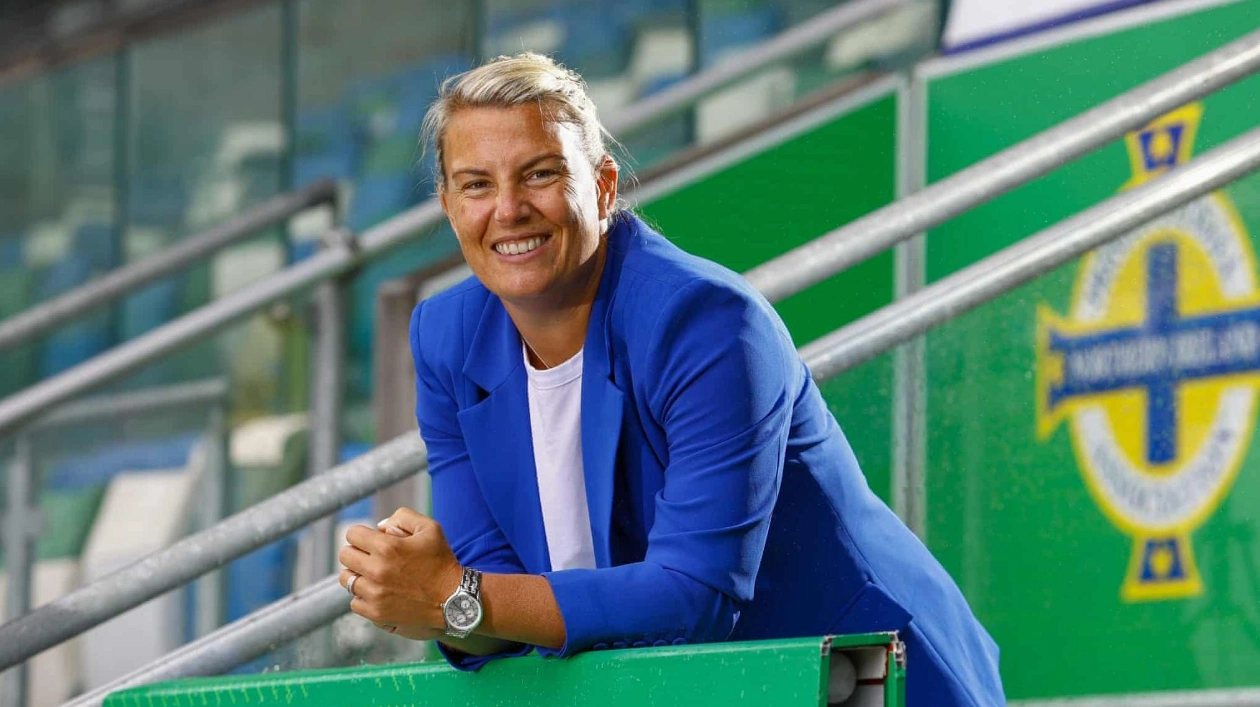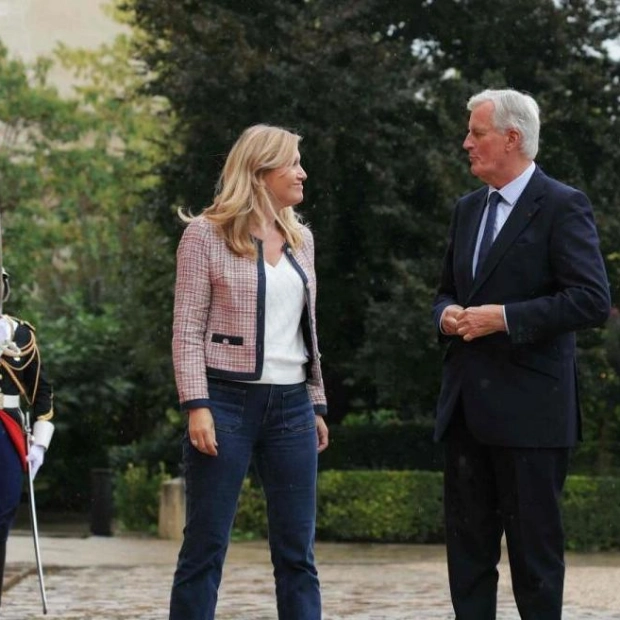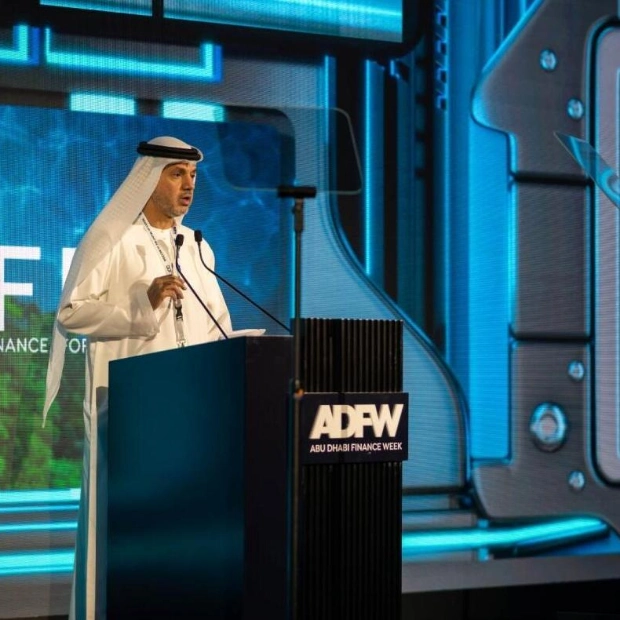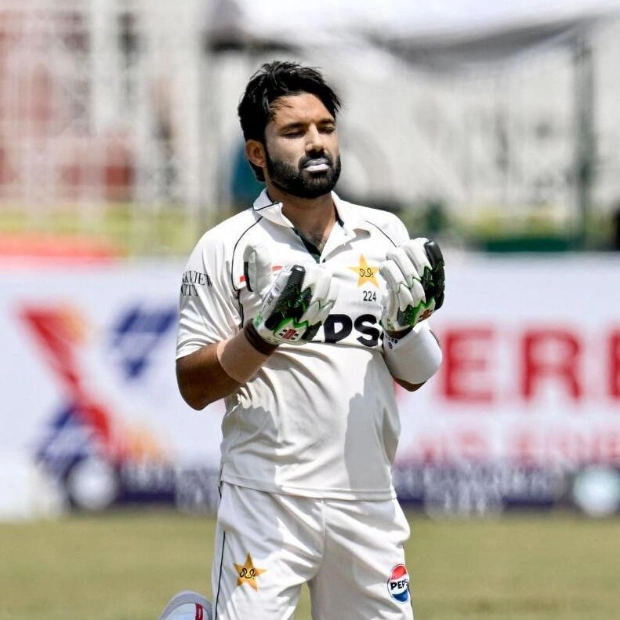Tanya Oxtoby faces a challenging balancing act: managing a Northern Ireland team in transition while striving for victory, integrating experience with youth in her squad, and juggling her roles as both a manager and a mother. The 42-year-old Australian has been at the helm of Northern Ireland since September 2023, but in the fast-paced world of international management, a year is a relatively short period. The team is set to face Croatia in the first leg of their playoff on Friday, aiming to secure a spot in the Euros for the second time. If they overcome Croatia, they will face either Albania or Norway, with a chance to reach the finals in Switzerland next summer.
"The toughest part about leading a transitioning team is maintaining wins while implementing new playing styles and changes that will positively impact the team, yet ultimately, we are judged by our results," Oxtoby explains. The relentless schedule of Nations League matches and Euro 2025 qualifiers has left little room for experimentation in competitive fixtures. By November 2022, the average age of the team was 27.2, but by July's match against Bosnia and Herzegovina, it had dropped to 23.8, with no starters over 30.
"It's crucial to assess whether a player is truly ready," Oxtoby notes. "We have many talented young players emerging, but they must meet our standards in terms of accountability and drive. Players like Keri Halliday and Casey Howe exemplify this; they excel not only on the pitch but also in their commitment to personal growth and reaching their potential." Building for the future is non-negotiable. "We aim for long-term success, not just qualifying for major tournaments. We want to be competitive and showcase a great style of football with the resources we have. The hardest part is finding the right balance between building for the future and winning now."
Oxtoby's experience as an assistant at Chelsea, under Emma Hayes, provided invaluable lessons in balancing winning with squad development. "I went to Chelsea to learn how to win and understand what that entails. There's no better place for that," she says. "I also learned from Emma's support as a mother, understanding the responsibility to extend that support to others." Oxtoby took the Northern Ireland job partly for better work-family balance. "We always seek balance, but it's elusive. Being a mother and a football manager are both full-time jobs. Unless you're a parent, you don't realize the work you do before and after your actual workday."
"I strive to be the best mother, which is most important to me, and that's why I moved from club to international football—to be more present at home and give my son more of myself. Yet, I also love my job. I have the two best jobs in the world, and I want to excel at both. International football allows me to do that. When I'm home, I can be fully present, and when I'm away, I immerse myself in the job." The values of the Irish Football Association, which prioritized family during her son's illness, attracted her to the role. "I was able to join the team a day later without any issues. That's the kind of environment you want as a mother. My responsibility is to show the same support to my staff and team."
Having a leader who understands the demands of parenthood is crucial. "Being a parent doesn't hinder high performance; it enhances it," Oxtoby asserts. "If you're happy, valued, and can be yourself, you'll give more to the journey." She recalls moments with her son, Albie, during team preparations, noting, "It's about timing and ensuring everyone is comfortable. I genuinely believe it's a positive thing, and the door is always open." This balance extends to the players, many of whom only see their families during international breaks. "It's about balance, mental health, and ensuring everyone is in a good wellbeing space. That's what I focus on."
Croatia, ranked 12 places below Northern Ireland in the FIFA rankings, will test the team's ability to manage these balancing acts. Oxtoby uses the team's 2022 Euros qualification as motivation. "Once you've tasted success, you want more. I remember asking the team about their experience, seeing the excitement in their eyes."
Source link: https://www.theguardian.com






